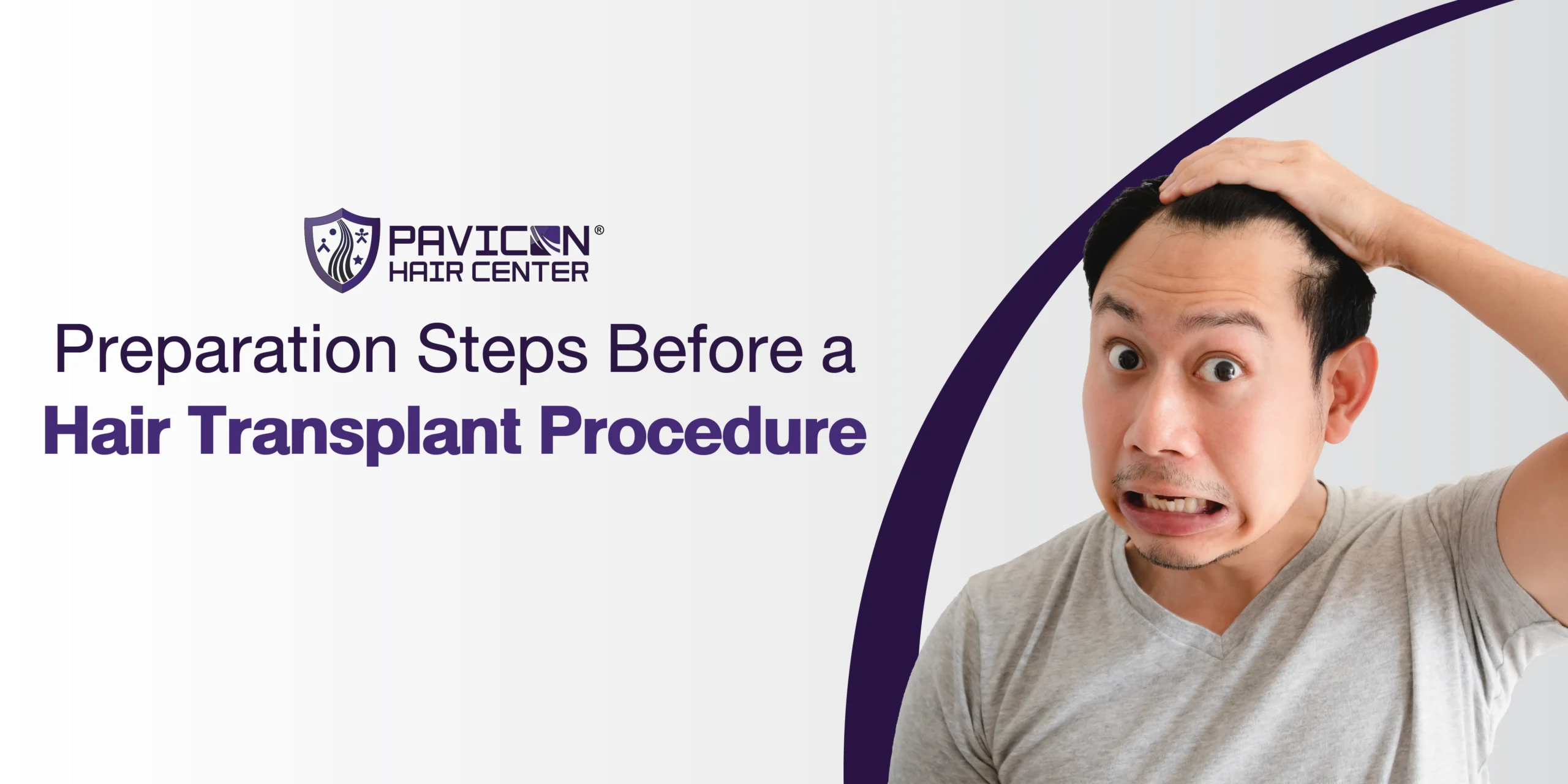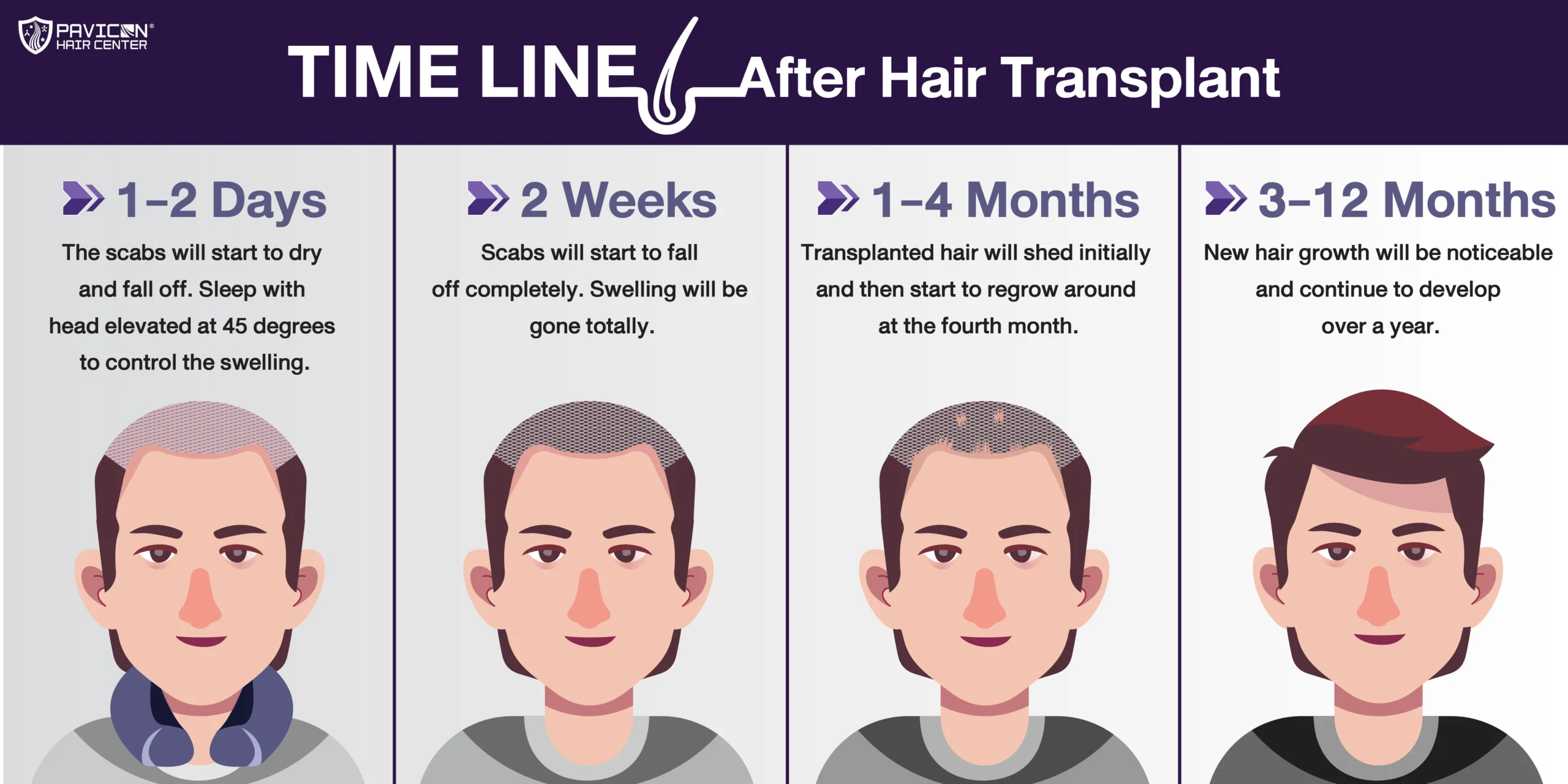How to Prepare for a Hair Transplant
Hair transplantation today is no longer something to be anxious about. Thanks to advanced technology and highly experienced medical teams, people suffering from hair loss or thinning can now regain their confidence.
Before undergoing a hair transplant procedure, one of the most important steps is proper preparation. Good preparation doesn’t just reduce risks — it also plays a major role in improving long-term results.
In this article, we’ll walk you through the key steps to prepare for a hair transplant and also highlight essential aftercare tips that many patients often overlook.
![]()
Why is Preparation Important Before a Hair Transplant?
Many people believe that a hair transplant is a simple, one-day procedure. In reality, both your body and mind need to be prepared. Proper preparation helps the procedure go smoothly and ensures better outcomes.
Benefits of proper preparation:
- Lowers the risk of complications such as infection or excessive bleeding
- Improves the growth and survival rate of transplanted hair follicles

Steps to Prepare Before a Hair Transplant
1. Consult a Hair Transplant Specialist
The first step is to consult with a qualified doctor who specializes in hair restoration. Not everyone is immediately eligible for a transplant. The doctor will assess your hair condition, scalp health, and overall suitability for the procedure.
Make sure to share important medical information with your doctor:
- Any existing medical conditions
- Medications you are currently taking
- History of drug or anesthesia allergies
This helps the doctor create a safer and more accurate treatment plan for you.
2. Get Your Body Ready
Things to avoid 7 days before the procedure:
- Medications that affect blood clotting, such as aspirin or ibuprofen (only stop with your doctor’s guidance)
- Supplements containing Vitamin E, ginseng, or Omega-3
Avoid alcohol and smoking:
- It’s recommended to avoid these 1–2 weeks before surgery, as they can affect blood circulation and wound healing.
Basic health checks (if you have underlying conditions):
- If you have diabetes, high blood pressure, or other health concerns, your doctor may recommend a blood test or physical exam to ensure you are ready for the procedure.
3. Scalp Preparation
- Wash your hair with a mild shampoo 1–2 days before the procedure
- Do not use hair gel, sprays, or any styling products on the day of surgery
- You may style or trim your hair beforehand. If necessary, our medical team will prepare your scalp according to the chosen technique.
4. On the Day of Your Hair Transplant
- Wear a shirt that opens from the front (like a button-up or zip-up) to avoid touching the scalp when changing clothes
- Arrange for someone to drive you home, as you may feel lightheaded from local anesthesia after the procedure
- Eat a light meal or snack before your appointment
5. Mentally Prepare Yourself
Get plenty of rest the night before. Don’t worry too much — modern hair transplants are safe, with minimal discomfort, especially when performed by experienced professionals like those at Pavicon Hair Center.
![]()
Post-Transplant Care: Key to Optimal Results
After your procedure, proper aftercare is just as important as the surgery itself — especially during the first 1–3 months when new hair follicles are establishing themselves.
Important post-care guidelines:
- Do not wash your hair or get it wet for at least 24 hours. Always follow your doctor’s instructions.
- Avoid heavy exercise, bending over, or aggressive hair washing in the early days.
- Stay out of direct sunlight and avoid wearing tight hats that could dislodge the grafts.
- Do not scratch or touch the scalp unnecessarily, as this may damage the newly implanted hair follicles.

Hair Growth Timeline After Transplant
- Month 1–2: Some transplanted hairs may shed (a normal process called shock loss)
- Month 3–4: New hair begins to grow in thin strands
- Month 6: Noticeable improvement in hair density
- Month 9–12: Full results are typically visible, with natural and thicker hair
Conclusion
A hair transplant is not just a cosmetic procedure — it’s a long-term investment in your appearance and confidence. Being well-prepared before the procedure can make a significant difference in the results you achieve, both aesthetically and in terms of hair health.
If you’re considering a hair transplant, we invite you to talk with our expert team at Pavicon Hair Center. We’re here to guide and care for you from the very first consultation all the way to your final results.
𝐈𝐍𝐁𝐎𝐗 ☎️
𝐓𝐄𝐋: 080-749-5645
💜𝐋𝐈𝐍𝐄: : Click
💜𝐅𝐀𝐂𝐄𝐁𝐎𝐎𝐊 : Click
#ปลูกผมถาวร #ปลูกผม #คลินิกปลูกผม #รีวิวปลูกผม #หัวล้าน #PaviconHairCenter